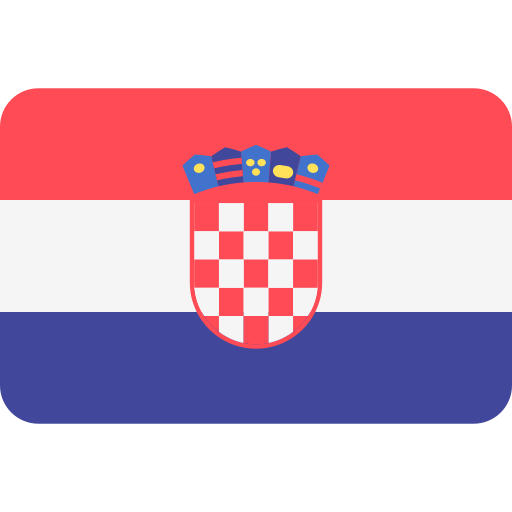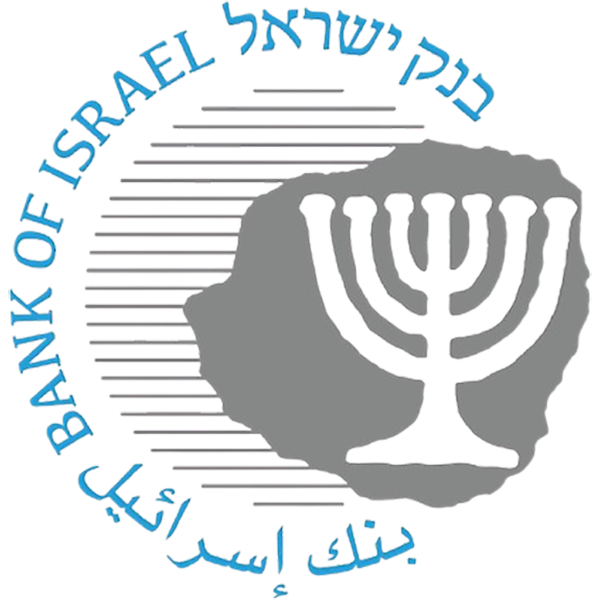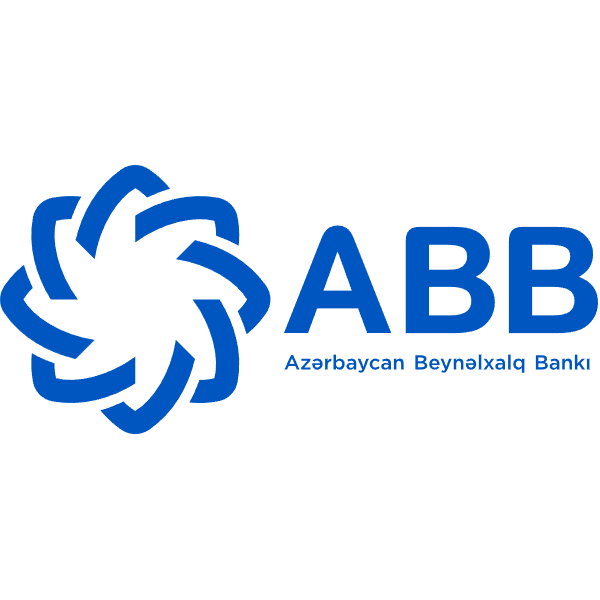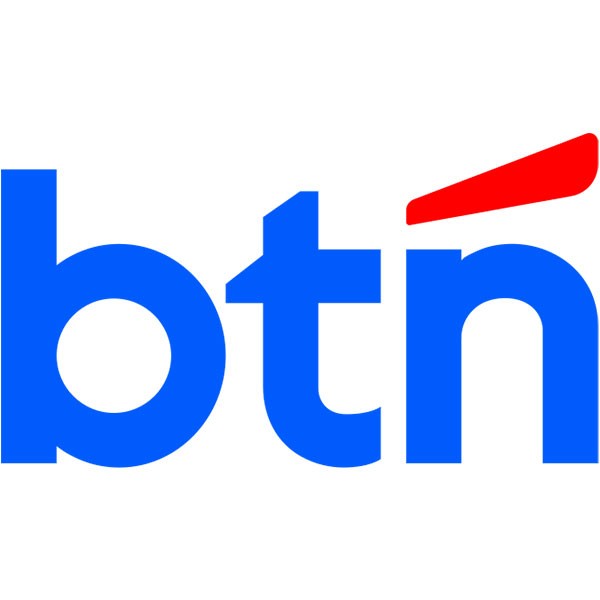The National Bank Of Croatia (Croatian: Hrvatska Narodna Banka, Referred To As HNB; IPA: [xžažtska N Rodna Bâıka]) Is The Central Bank Of The Republic Of Croatia And Belongs To Government Entities With Legal Personality. Administratively Responsible To The Croatian Parliament, But It Has Considerable Autonomy. The Profits It Earns Through Its Operations Must Be Turned Over To The State Treasury.
History
On December 21, 1990, The Croatian Parliament Adopted The Constitution Of The Republic Of Croatia And Established The National Bank Of Croatia In Accordance With Article 53 Of The Constitution. The Following Year, On June 25, 1991, Croatia Declared Its Independence From Yugoslavia. Shortly After, On October 8, 1991, The Parliament Passed The Regulation On The National Bank Of Croatia, According To Which The National Bank Began Issuing The Croatian Dinar On December 23 Of The Same Year To Replace The Previously Circulating Yugoslav Dinar As The Currency For The Transitional Period Of Croatia's Independence. Then, On November 4, 1992, The Act On The National Bank Of Croatia Was Introduced, Which Clarified The Legal Framework For The Operation Of The National Bank Of The Republic Of Croatia. In 1994, The National Bank Issued The Croatian Kuna To Replace The Previous Croatian Dinar. On April 5, 2001, The Parliament Passed A New Law On The Croatian National Bank, Which Maintained And Promoted The Institutional, Financial And Personal Independence Of The Croatian National Bank. Later, In December 2006, The Parliament Passed The Act On Amendments To The Croatian National Bank Act, Which Established The Legal Basis For The Croatian National Bank To Join The European Central Bank System. Then, In July 2008, A New Act Of The National Bank Of Croatia Was Passed, Further Aligning Croatia's Legal Standards With Those Of The European Union. The Legal Framework For The Operation Of The National Bank Of Croatia Within The European Union Was Established, In Particular With Regard To The Objectives Of The Central Bank (degree Of Institutional Independence, Functional, Personal And Financial Independence) And The National Bank Of Croatia, And The Conditions For The Introduction Of The Euro As The Official Currency Of The Republic Of Croatia Were Proposed To The European Central Bank.
Objective
The National Bank Of Croatia Is Responsible For Issuing The Country's Monetary Policy In Accordance With The Provisions Of The Constitution, Within The Framework Of Its Own Powers And Obligations, In Order To Maintain The Stability Of The Currency And The Liquidity Of Domestic And Foreign Funds.
Functions
The Functions Of The National Bank Of Croatia To Achieve The Objectives Assigned By Law Are:
- To Publish And Implement Monetary And Foreign Exchange Policies;
- To Hold And Manage Foreign Exchange Reserves;
- To Issue Croatian Kuna;
- To Study, Publish And Maintain The Regulations Of Financial Institution Groups Such As Credit Institutions, Payment Institutions, Settlement Institutions;
- To Supervise And Manage Financial Institution Groups Such As Credit Institutions, Payment Institutions, Settlement Institutions In Accordance With The Law;
- To Regulate And Improve Payment And Settlement Systems;
- Other Activities Required By Law.
Organizational Structure
The Highest Decision-making Body Of The National Bank Of Croatia Is The Council, Which Consists Of Eight Members, Namely The President, The Executive Vice President And Six Vice Presidents; The President Is The Ex Officio Chairperson Of The Council And Is Responsible For Leading The Council, While The Remaining Members Of The Council Have Separate Jurisdiction Over The Executive Departments. The President And Members Of The Council Are All Appointed By The Croatian Parliament.
The Executive Departments Established Under The Council Are:
Successive Presidents
List Of Presidents Of The National Bank Of Croatia














